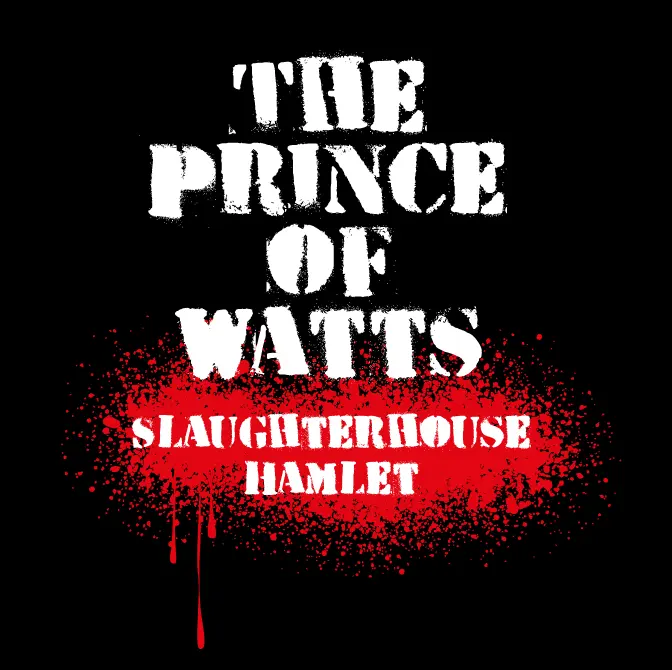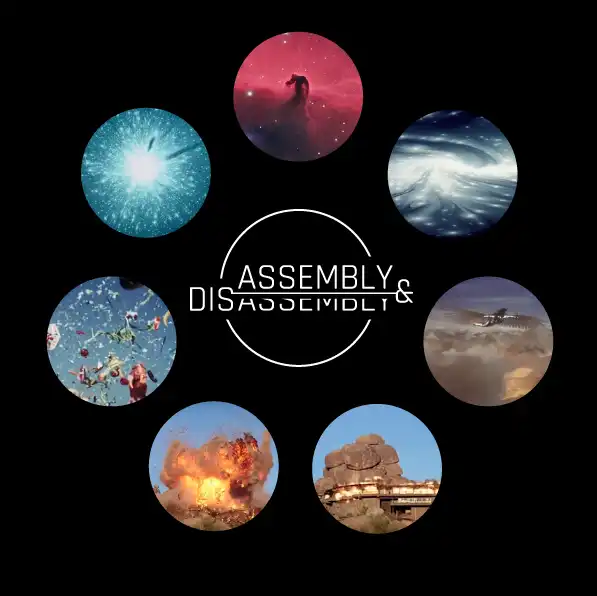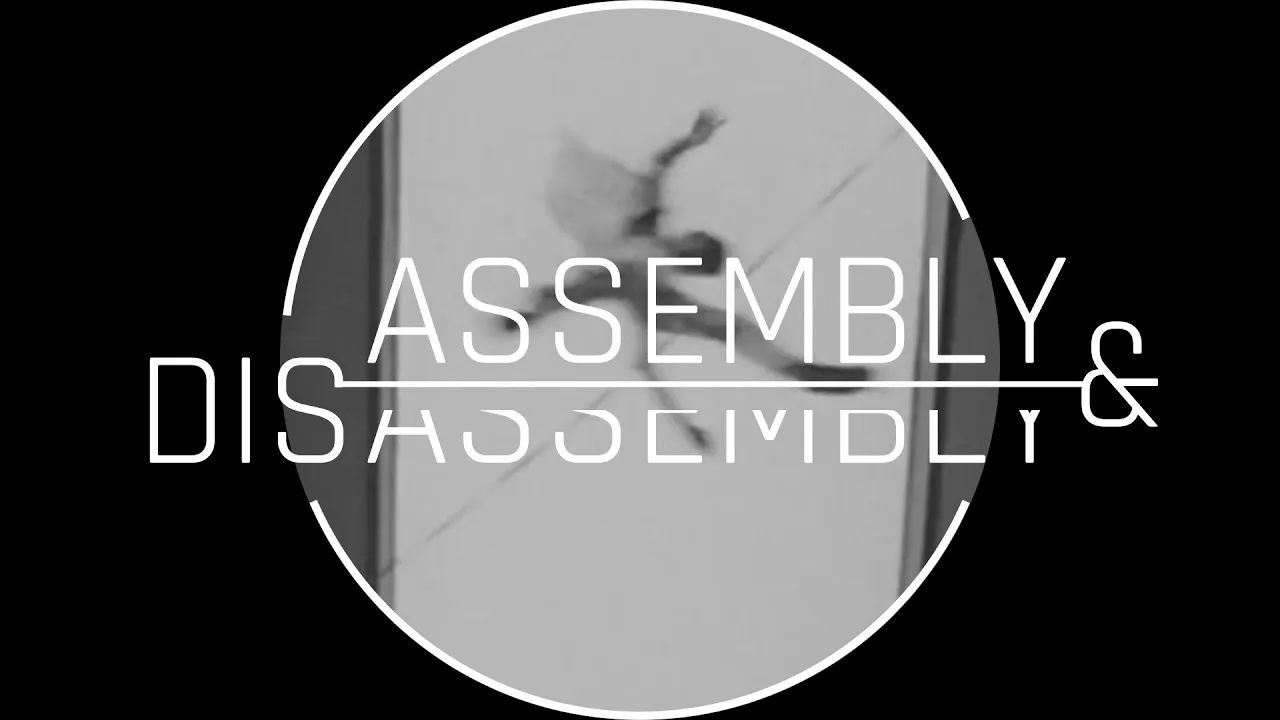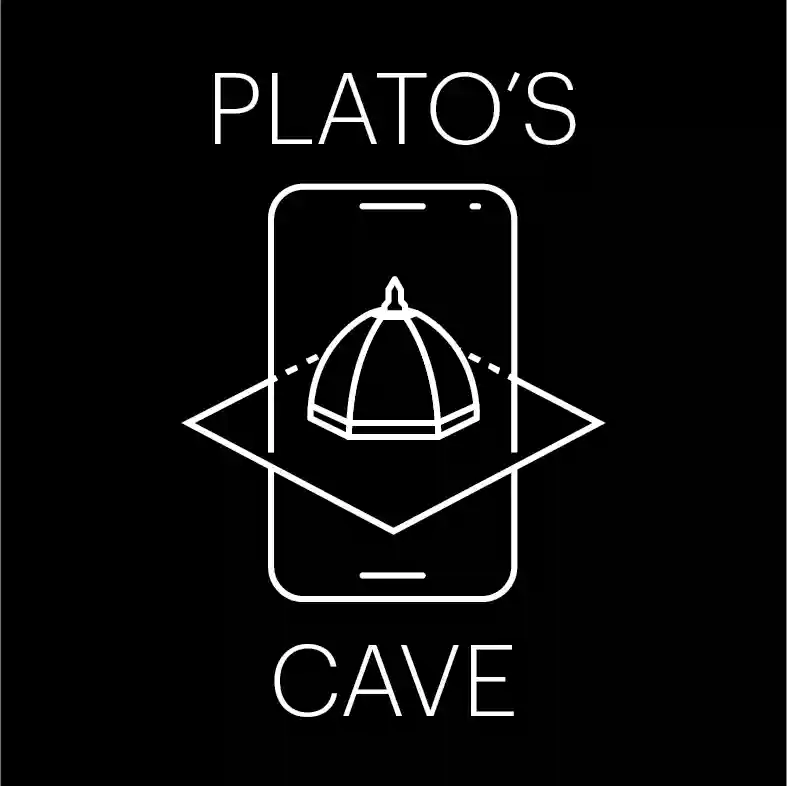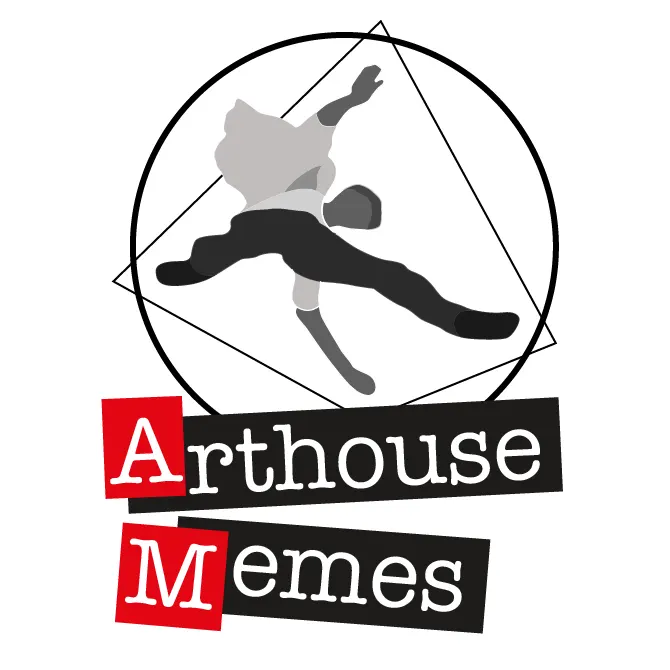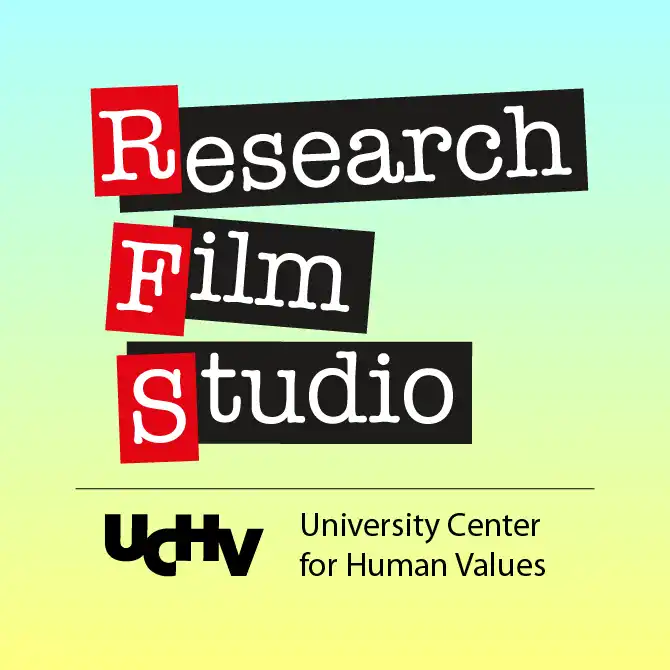Founding Director
Erika A. Kiss is the Founding Director of the UCHV Film Forum and the UCHV Research Film Studio at Princeton University. Kiss has studied history, literature and linguistics in Hungary (B.A., M.A.) and comparative literature at Harvard University (M.A., Ph.D.). She was a member of the Department of Medieval and Modern Languages at the University of Oxford and a fellow of Balliol College, Oxford. She is a co-founder of Germany’s first private English-language liberal arts college, the European College of Liberal Arts (ECLA) – now Bard College, Berlin. As ECLA’s first Principal and CEO, she raised funds for it, secured its current campus, designed and successfully implemented its year-long interdisciplinary curriculum in intellectual history and the liberal arts. In Princeton, Kiss has developed studio-style university courses in new fields such as Critical Film Curation and Environmental Film Studies. Kiss’s main research agenda is building an original architectonic rhetoric in the interface of verbal and geometrical persuasion.
Research Films
- published
The fusion of Burnett’s Killer of Sheep and Shakespeare’s Hamlet is adapted for multiangled screens by Erika Kiss with original music by Olivier Tarpaga. The multidimensional adaptation from the 2D film screen subverts the conventional single fixed-point perspective and the hierarchy it enforces between spectators and the object of their fixed gaze. The immersive cineplay simulates the internal space in which the mind’s eye imaginatively transforms the 2D perception captured by the physical organ of the eyes into a volumized and dynamized space and time continuum that looks back at the mind’s eye from everywhere.
- published
The film-fresco entitled “Assembly & Disassembly” visualizes the analogy between architecture and the architectonic language of the universe, transforming NASA images and arthouse film clips. The film-fresco is also mapped onto the bricks of the vault so that the same interactive AR technology that was used to aid the masons in construction can guide the visitors’ imagination in the virtual construction of a full dome.
- published
Standing under the center of the Angelus Novus Vault in the garden of Palazzo Mora in Venice while holding up a mobile device equipped with the Plato’s Cave App, one can see the inside of Brunelleschi’s dome of the Santa Maria del Fiore. The inside of the augmented reality dome is “painted” with the animated mashup of the original Vasari fresco depicting The Last Judgement and Kiss’s Assembly/Disassembly. The augmented reality experience via the Plato’s Cave App reveals the coincidence of the self-balancing architectonics in Brunelleschi’s curved space engineering, in Vasari’s vision of Dante’s non-Euclidean, spherical cosmology and in the perfect moral balance of The Last Judgement.
Exhibitions
Curator, designer and contributor, ‘ArtHouse Memes’, the 2nd further developed edition of the Princeton University Research Film Studio exhibition forthcoming in the University Art Biennale, Mallorca June 2 - October 30, 2025
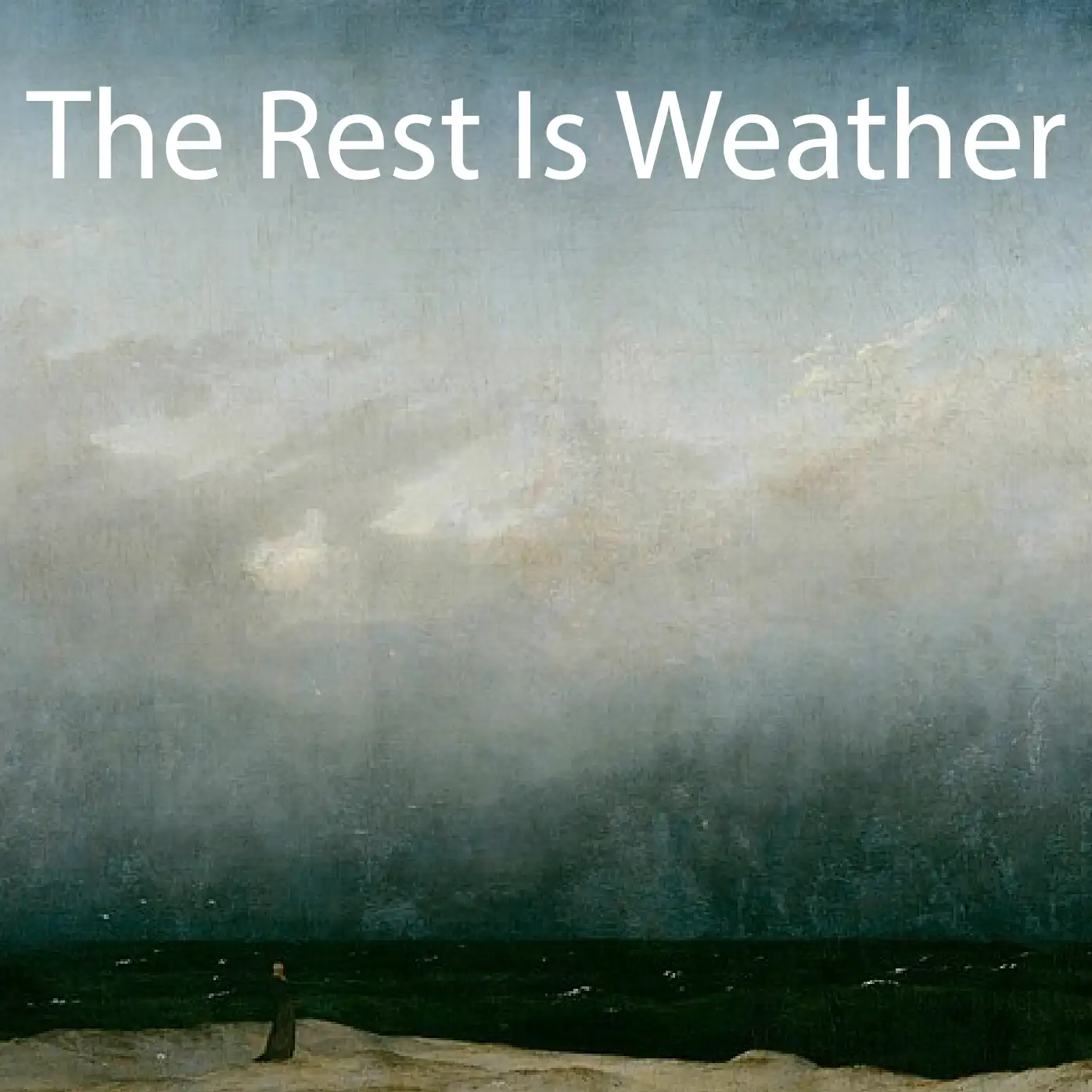
Genius Loci – The Rest Is Weather – Venice 2025
- published
Curator, designer and contributor, ‘Home Beyond Good and Evil – The Rest Is Weather’, Research Film Studio exhibition forthcoming in the Space-Time-Existence, Architectural Biennale Venice, May 10 -November 26, 2025
Curator, designer and contributor, ‘ArtHouse Memes’, Princeton University Research Film Studio exhibition created for ECC Space-Time-Existence, Architectural Biennale Venice, April 20-November 26, 2023
Curator, designer and contributor, ‘Angelus Novus’, Princeton University (RFS-FFL) exhibition created for ECC Space-Time-Existence, Architectural Biennale Venice, April 20-November 26, 2023
Research Papers (selection)
Beyond Native and Alien: Nietzsche, Literally
Philosophy & Rhetoric, Vol. 51, No. 1 (2018), pp. 1-23
Between Mimesis and Technē: Cinematic Image as a Site for Critical Thinking
The Journal of Aesthetic Education, Vol. 51, No. 3 (Fall 2017), pp. 42-57
The Triptych of Liberal Education
Philosophy of Education 2006, at: http://ojs.ed.uiuc.edu/index.php/pes/article/view/1533/271
Eyes Wide Shut: Towards an Aristotelian Film Theory
The Journal of Aesthetic Education under revision
